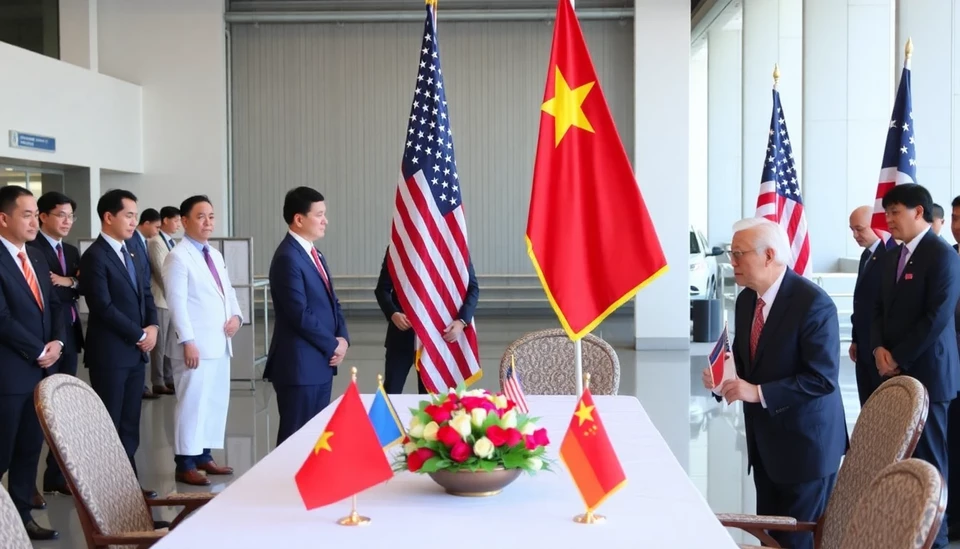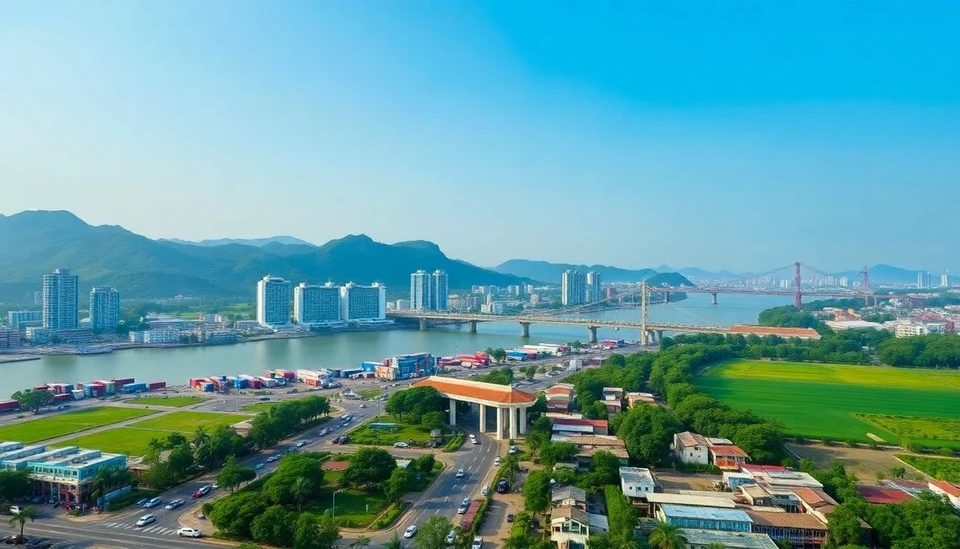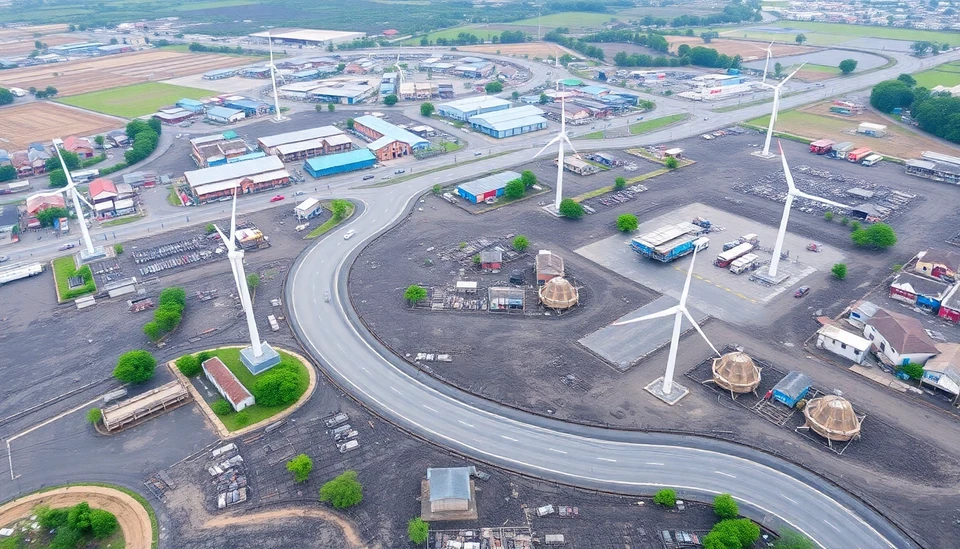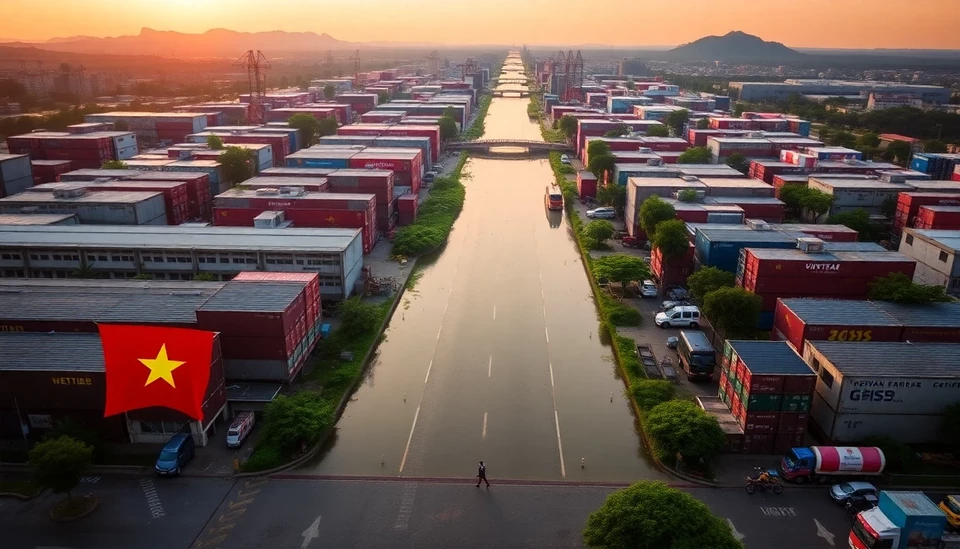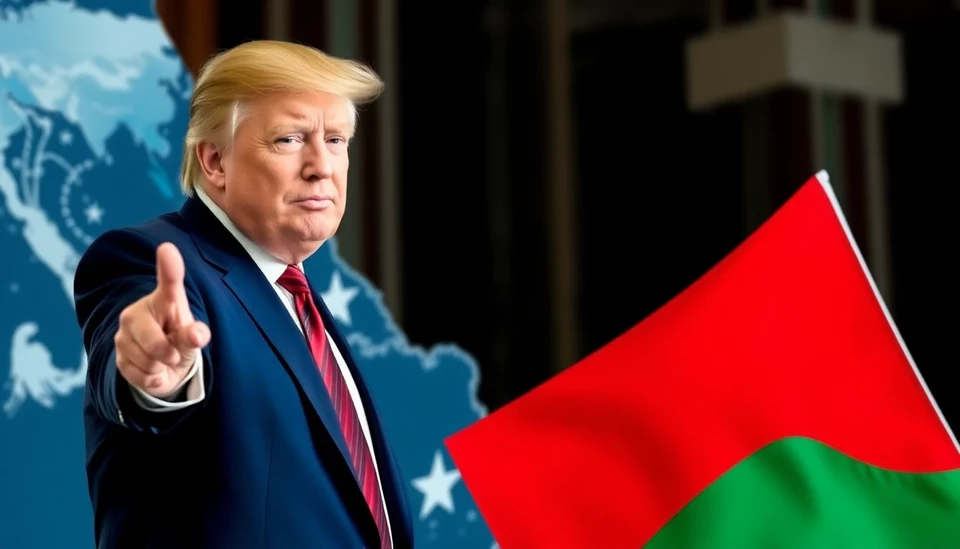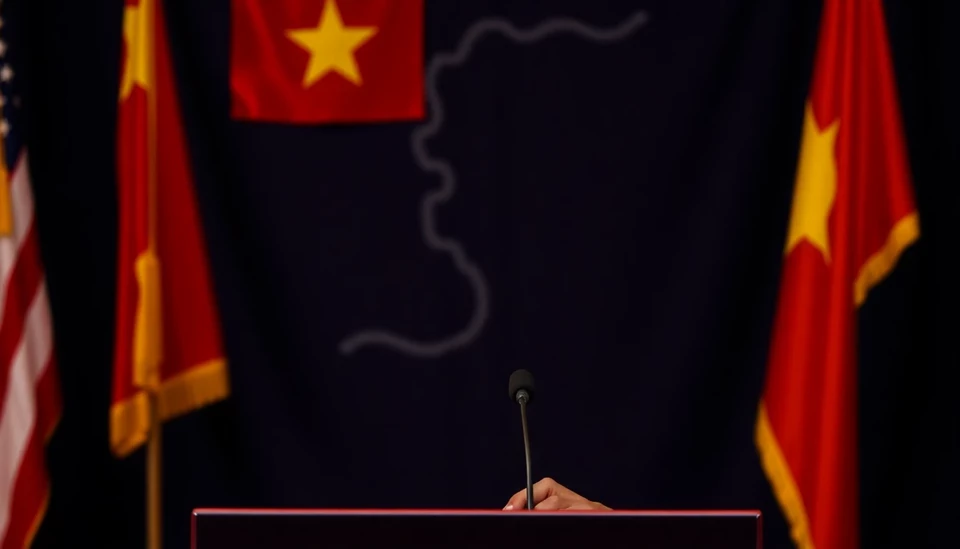
In a significant diplomatic move, Vietnam has formally requested the United States to postpone the implementation of a contentious tariff that threatens to impact bilateral trade relations. This appeal comes at a time when both nations are grappling with economic challenges that could be exacerbated by trade disputes.
The Vietnamese government’s request, communicated through official channels, emphasizes the importance of continued dialogue between the two countries. Vietnam is looking to foster a stable trade environment that can support mutual economic growth and prevent unnecessary disruptions that tariffs could introduce.
This action is part of a broader strategy by Vietnam to engage the US in negotiations aimed at addressing mutual concerns regarding trade imbalances and tariffs. Vietnam’s economy has been notably resilient, but the potential increase in tariffs poses risks to its manufacturing sector, which relies heavily on exports to the United States.
Officials in Vietnam have expressed optimism that through constructive discussions, both sides can reach a consensus that addresses the pressing issues without resorting to punitive measures that could harm economic relations. The request also reflects Vietnam’s proactive stance in international trade, showcasing its commitment to a stable and cooperative trade framework.
The specific tariffs in question could apply to a range of goods, impacting various sectors including electronics, textiles, and agricultural products. The potential for these tariffs has raised concerns among Vietnamese exporters and businesses that depend significantly on the US market for their products.
In light of these developments, analysts suggest that the US may be inclined to consider Vietnam's request, given the strategic partnership that both nations have built over recent years. The relationship has grown stronger amid rising tensions in the Asia-Pacific region, further underscoring the importance of maintaining open lines of communication.
As the situation continues to evolve, both countries will likely engage in further discussions to seek resolutions that would allow trade to flourish while addressing any legitimate trade concerns. Vietnam’s proactive diplomatic approach indicates a desire not only to protect its economic interests but also to strengthen ties with one of its most significant trading partners.
The outcome of these negotiations could set a precedent for how both nations manage their economic relationship going forward, potentially influencing future trade policies and agreements.
As this story unfolds, stakeholders from various sectors will be closely monitoring the response from the US government and the subsequent actions that may arise from these negotiations.
#Vietnam #USTrade #Tariffs #Negotiation #EconomicRelations #InternationalTrade #Diplomacy
Author: Laura Mitchell
